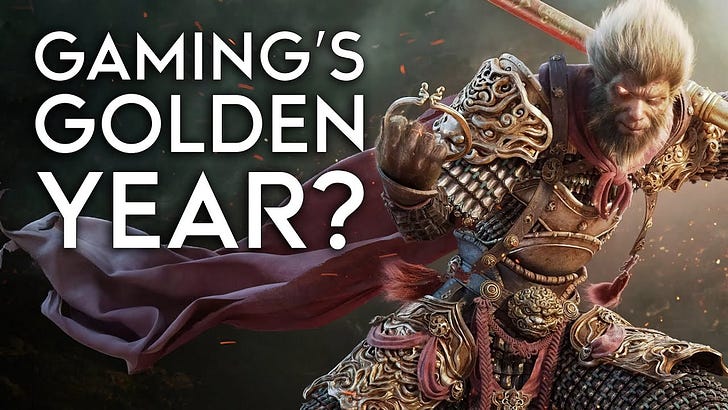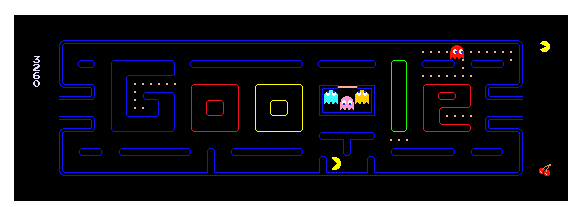Over a year ago, I wrote an article for Areo Magazine about how nostalgia has been invoked (and weaponized) in gaming, which can be found below:
Nostalgia in Video Games
Disclaimer: This article was originally posted on Areo Magazine on March 3, 2022. This has been republished in light of the publication shutting down business operations on November 6, 2023. The video game industry and video gamers are in a peculiar bind. Depending on who you ask, gaming is either
At the time, I was in a bit of a bind trying to balance out both the need to expound the whole topic in detail and Areo’s editorial requirements to make it understandable enough for readers unfamiliar with the contemporary video game industry. Still, even after multiple revisions - and a case of unforeseen, unfortunate timing with the War in Ukraine going into full swing just as the article was scheduled for publishing - it’s still surprising that the end result came out the way it did.
So what has changed since then?
On the face of it, quite a bit. Since the article’s release, From Software’s Elden Ring garnered successive accolades and sales records, labor unions in Western industry circles caught momentum, and Valve had launched its ambitious yet risky Steam Deck to widespread acclaim. Those were all in 2022 alone. 2023, meanwhile, saw a gamut of noteworthy and high-quality titles, ranging from sleeper hits like Hi-Fi Rush making waves and Hogwarts Legacy becoming a runaway blockbuster, to a string of award-winning hits in almost monthly succession. Be it Nintendo’s The Legend of Zelda: Tears of the Kingdom, From Software’s return to mecha action with Armored Core VI, or CD Project Red completing its proverbial redemption arc with Cyberpunk 2077: Phantom Liberty. Some like British Youtuber ObsidianAnt go so far as to claim that it’s one of the best years in modern gaming:
For some, however, modern gaming is a dumpster fire. Aside from high-profile misfires like Forspoken and more recently, Call of Duty: Modern Warfare III, industry newsfeeds continue to be dominated by industry drama (mostly from the AAA development and publishing scene). Be it the continued legal troubles of Activision-Blizzard, layoffs by Sega in its European branches in the wake of cancelled projects like HYENAS, the widespread outcry over Unity’s misguided monetization policies, or Epic Games’ financial worries. With the way even Youtubers like Mutahar "SomeOrdinaryGamers" Anas put it, you’d think that the next Great Video Game Crash is bound to happen any day now:
Even putting aside how much of his pessimism seems almost copy-pasted from years past, or the ever-persistent litany seen on social media of how gaming is “dying” or lost its way, it’s a sobering reminder of just how powerful that combination of warped nostalgia and outrage culture can be. Then again, quote an old Bond film: there’s no news, like bad news.
It’s one thing to see that it’s not all sunshine and rainbows. Yet it’s not 1983 anymore, nor even the vaunted “golden age” of the 2000s and early 2010s. The days when a handful of developers or titles can dictate the fate of an entire industry are long past, especially when it’s diversified in almost every respect where it matters.
Perhaps it’s worth exploring this further through the lens of the reception around Bethesda’s Starfield: simultaneously one of its most divisive titles in the public eye in recent years, and one of its highest-selling. But that may be a tale for another time.
Until then!





